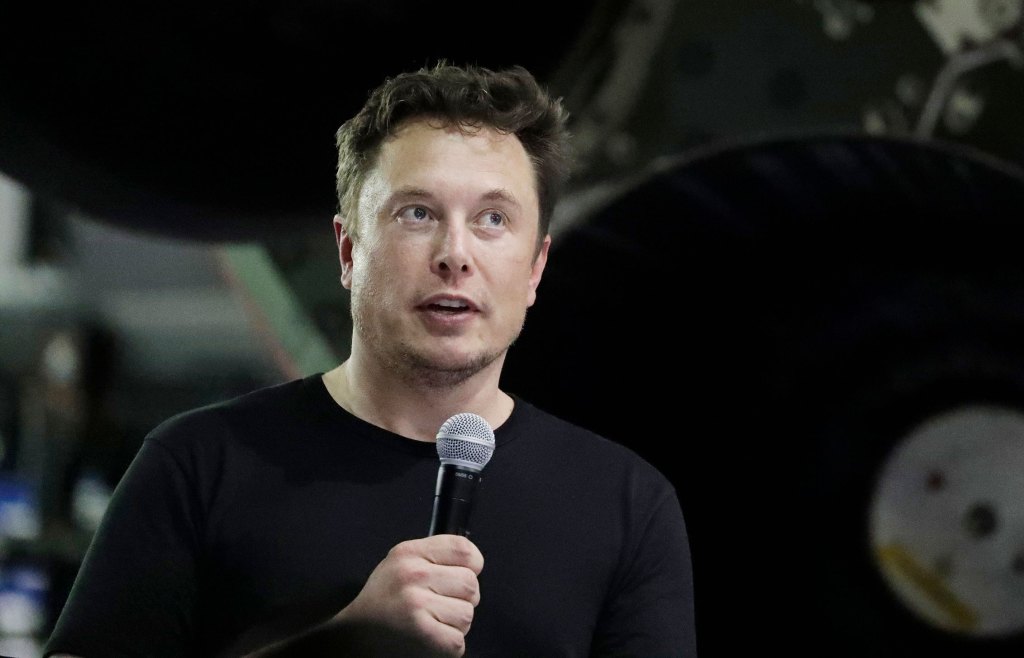Tesla and SpaceX CEO Elon Musk is once again sounding a warning note regarding the development of artificial intelligence. The executive and founder tweeted on Monday evening that “all org[anizations] developing advance AI should be regulated, including Tesla.”
Musk was responding to a new MIT Technology Review profile of OpenAI, an organization founded in 2015 by Musk, along with Sam Altman, Ilya Sutskever, Greg Brockman, Wojciech Zaremba and John Schulman. At first, OpenAI was formed as a non-profit backed by $1 billion in funding from its pooled initial investors, with the aim of pursuing open research into advanced AI with a focus on ensuring it was pursued in the interest of benefiting society, rather than leaving its development in the hands of a small and narrowly-interested few (i.e., for-profit technology companies).
All orgs developing advanced AI should be regulated, including Tesla
— Elon Musk (@elonmusk) February 17, 2020
At the time of its founding in 2015, Musk posited that the group essentially arrived at the idea for OpenAI as an alternative to “sit[ting] on the sidelines” or “encourag[ing] regulatory oversight.” Musk also said in 2017 that he believed that regulation should be put in place to govern the development of AI, preceded first by the formation of some kind of oversight agency that would study and gain insight into the industry before proposing any rules.
In the intervening years, much has changed – including OpenAI. The organization officially formed a for-profit arm owned by a non-profit parent corporation in 2019, and it accepted $1 billion in investment from Microsoft along with the formation a wide-ranging partnership, seemingly in contravention of its founding principles.
Musk’s comments this week in response to the MIT profile indicate that he’s quite distant from the organization he helped co-found both ideologically and in a more practical, functional sense. The SpaceX founder also noted that he “must agree” that concerns about OpenAI’s mission expressed last year at the time of its Microsoft announcement “are reasonable,” and he said that “OpenAI should be more open.” Musk also noted that he has “no control & only very limited insight into OpenAI” and that his “confidence” in Dario Amodei, OpenAI’s research director, “is not high” when it comes to ensuring safe development of AI.
While it might indeed be surprising to see Musk include Tesla in a general call for regulation of the development of advanced AI, it is in keeping with his general stance on the development of artificial intelligence. Musk has repeatedly warned of the risks associated with creating AI that is more independent and advanced, even going so far as to call it a “fundamental risk to the existence of human civilization.”
He also clarified on Monday that he believes advanced AI development should be regulated both by individual national governments as well as by international governing bodies, like the U.N., in response to a clarifying question from a follower. Time is clearly not doing anything to blunt Musk’s beliefs around the potential threat of AI: Perhaps this will encourage him to ramp up his efforts with Neuralink to give humans a way to even the playing field.































Comment